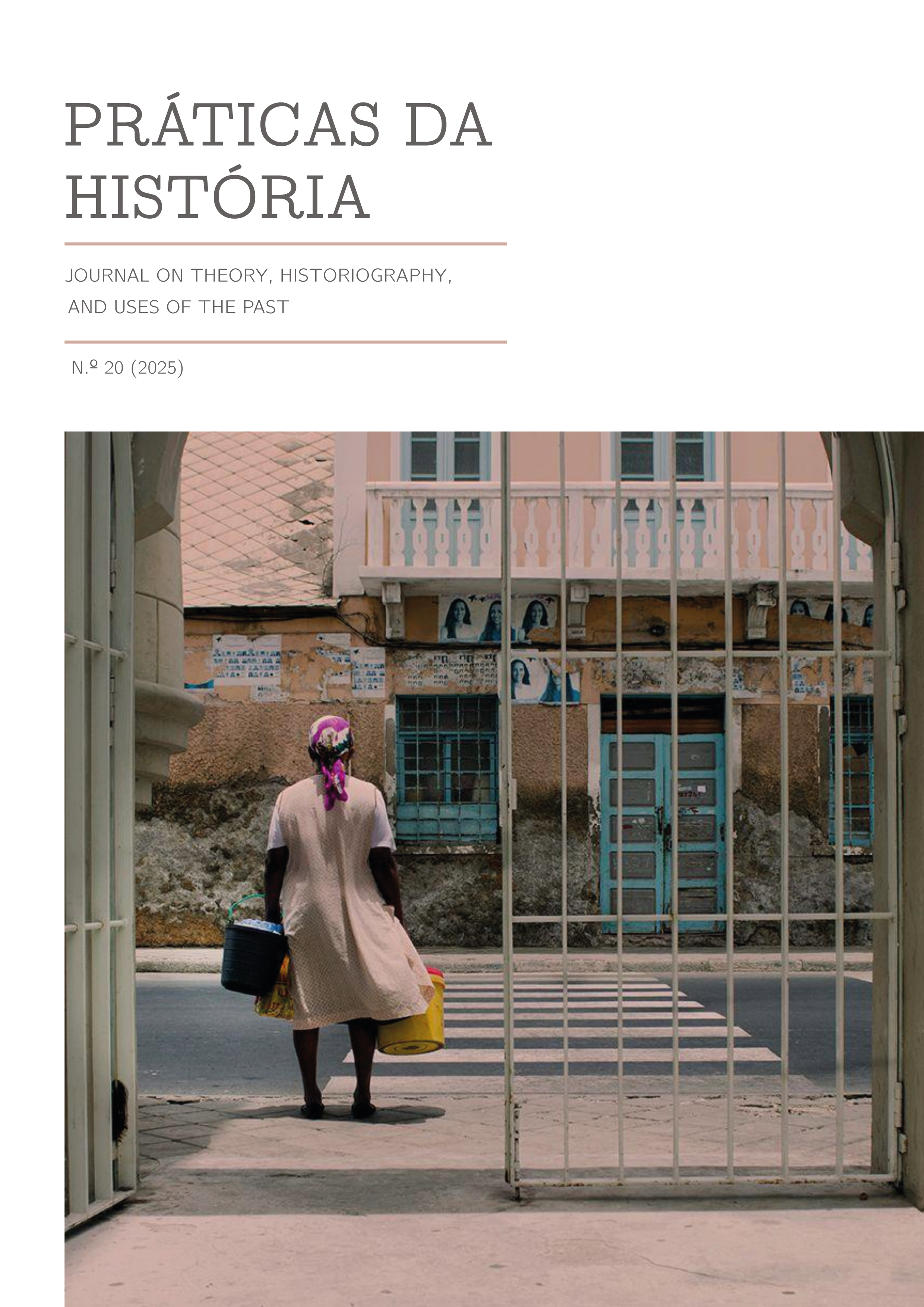Officer, understand that history is not merely something taught to children – it is embedded in their homes, their games, and their everyday lives
DOI:
https://doi.org/10.48487/pdh.2025.n20.38604Keywords:
diasporic historiography, diaspora, poetry, vegetal analogiesAbstract
In the West, sciences, modes of representation, and the understanding of the environment, historically stem from systemic opposition to what colonial empires construct as nature, and to the peoples they consider to be uncivilized. This endeavour of dividing up the world, far from being disinterested, guides the course of history, its transmission, and its interpretation. Thus, there is always a particular resonance in the fact of taking possession of it. What form does this resonance take, and why is it important to situate it? As diasporas, how can we appropriate it, in order to constantly shift it? Where and why could we detect the traces of history? How can we add layers to it to propose an entirely different reading? This text approaches the diasporic experience as the vector of a subjective historiography, rejecting the linear chronological timeline and challenging the idea that history cannot be collectively understood, thus diverging from a unidirectional timeline.



